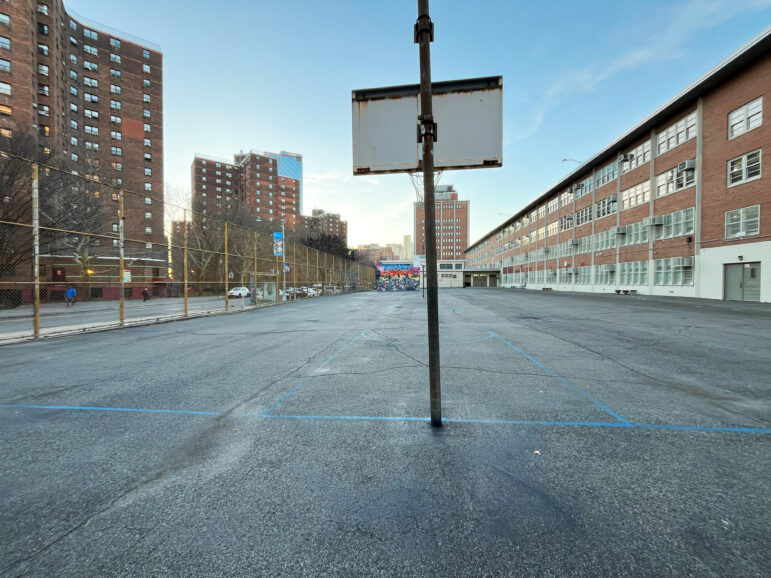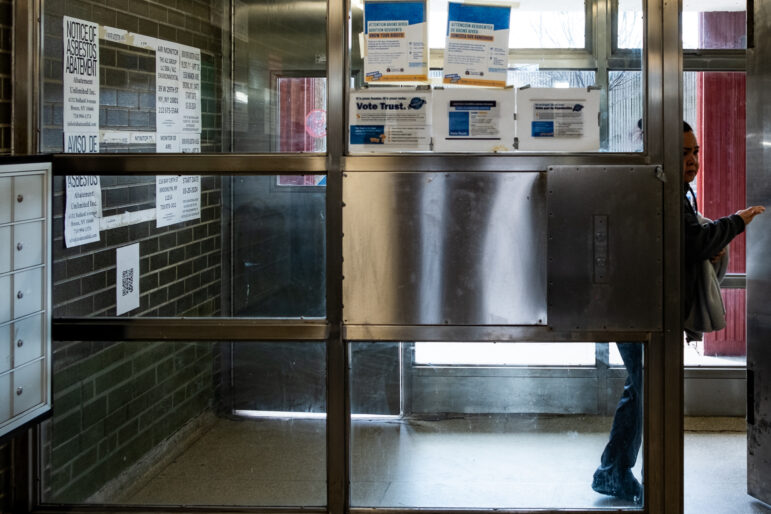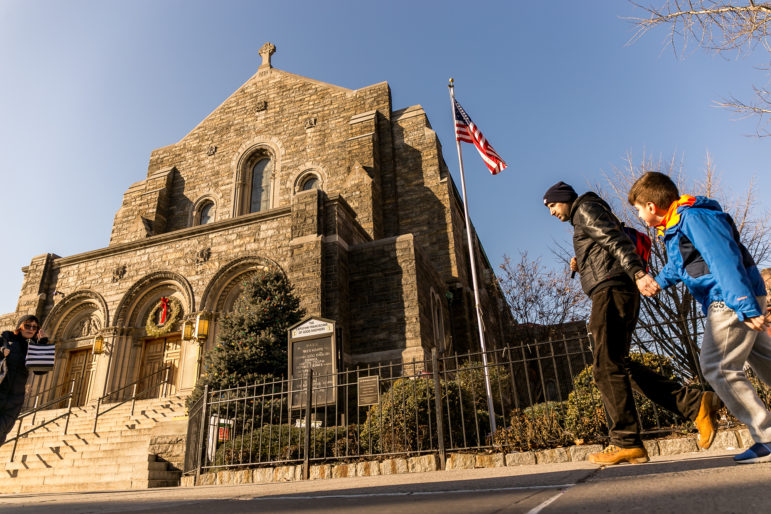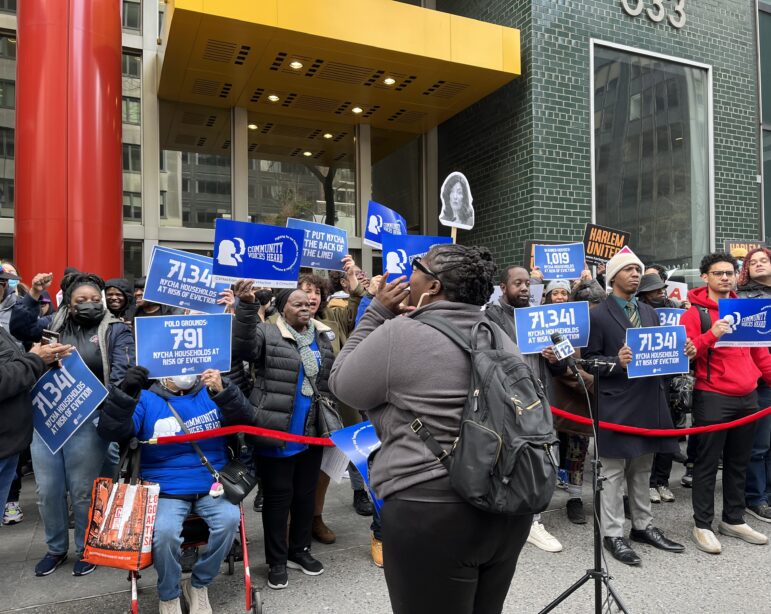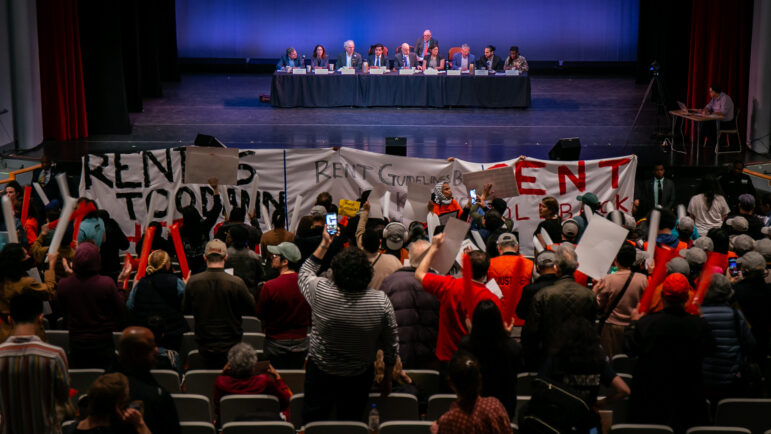
joiseyshowaa
In a city as progressive as New York is today, it’s difficult to imagine that sexual orientation or gender identity could make something as simple as hailing a cab a traumatic experience.
Unfortunately, routine service denials and blatant homophobia were commonplace just five years ago for many of the people the Brooklyn Community Pride Center serve — with transgender, gender nonconforming (TGNC) and LGBTQ+ people of color bearing the brunt of this discrimination and fear.
When ridesharing services first became available in New York City, this dynamic shifted tremendously. Hailing a ride digitally, upfront pricing and increased service levels outside of Midtown Manhattan provided an equitable playing field that did not exist with traditional transportation options like taxis.
TGNC people felt safer knowing their ride would arrive to pick them up regardless of how they dressed or who they were with. And if an individual driver did not, then there was built-in accountability right at their fingertips.
Public transit is both more spread out and potentially dangerous for the LGBTQ+ community. Homophobic and transphobic attacks are on the rise. I can’t help but think of the 20-year-old woman who was hospitalized and suffered a broken spine after being attacked in the subway last December.
Ridesharing was a celebrated innovation that made equal treatment, inclusivity, and even safety a reality for a previously excluded population of New Yorkers. As the greater New York region continues to adapt to and regulate the tech industry and strike the right balance between people and profits, we must be careful to prevent the not-so-distant, discriminating past from becoming our future.
Much of that power currently rests with the Taxi and Limousine Commission (TLC), which recently passed rules that are already threatening competition between rideshare companies while working against the goal of increasing driver earnings.
Lyft and Juno have argued that the TLC rules hand an unfair advantage to Uber and are not in the spirit of the law passed by City Council.
As the largest company in the market, it can afford to charge passengers less for the same trips to meet driver minimum pay standards under the TLC rule. As a result, passengers have to pay more for their Lyft and Juno trips. Unsurprisingly, people are taking fewer rides.
This week, an article in Crain’s showed that Juno ridership is down by 30 percent since the rules took effect, and that driver earnings have decreased by 17 percent. New York City’s only home-grown ride sharing company is losing $1 million dollars a day and may be forced out of business by summer at this rate.
Get the best of City Limits news in your inbox.
Select any of our free weekly newsletters and stay informed on the latest policy-focused, independent news.
It gives me pause that these rules are not accomplishing the goal of giving drivers a raise. In fact, they seem to be making it more difficult for people who rely on ridesharing services to access them.
As our city has changed and done more to live up to our progressive ideals, we need to make sure we are passing smart rules that continue to expand opportunities for LGBTQ+ New Yorkers to live fully and freely.
It is possible to support the goal of helping drivers earn more money while ensuring that everyone, passengers and drivers alike, get treated fairly. My work in advocacy has certainly taught me that. Let’s heed these early warning signals and find the right balance while we have the chance.
Floyd Rumohr is the CEO of the Brooklyn Community Pride Center.


